10 Things that Lower Your Credit Score
No credit card application or loan is approved without checking your credit score. Credit score is not merely a fancy term. Banks and credit card companies check it before extending you a loan or approving a credit card application. So if you think late payment, non-payment of a bill and cancellation of a credit card are trivial issues, think again and think long term. These things can ruin your credit history. Thus lowering your credit score. You may not worry about it now. But it does affect your future loans. Even service providers have started looking for it now. Here are 10 things that lower your credit score, and you must pay attention to all of them:
Late Payments
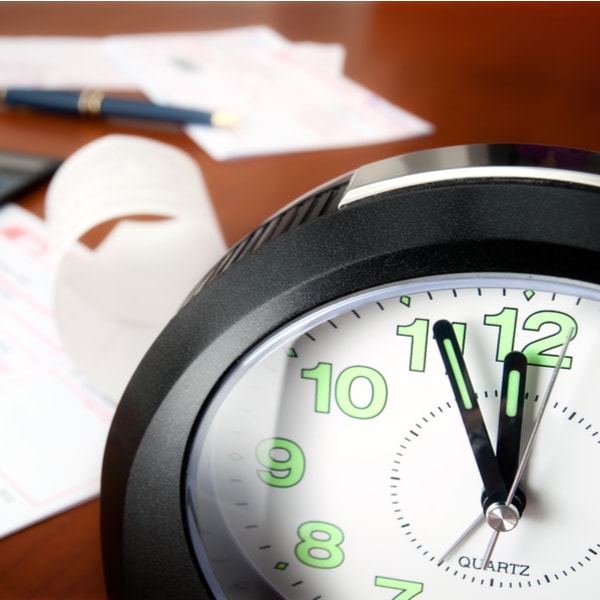
Payment history immensely affects your credit score. CIBIL gives nearly 30% weight to your credit history. So pay your credit card bills and EMIs on time. Paying your credit card bill late lowers your credit score in addition to attracting penalties. Don’t make it a habit. Pay all your bills on time. One late payment may not affect your credit score but repeated behaviour can cause serious damage to your record.
Defaulting on Loan
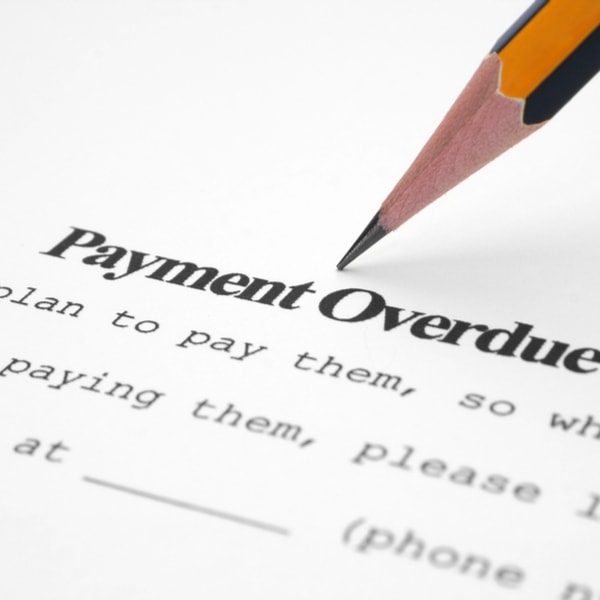
Loan whether secured or unsecured and its tenure makes 20% of your credit score. Never default on loan whether taken from the bank or availed on credit cards. This can bring the credit score down. Default on loan can lower your credit score and it takes 6 to 8 months to get it back. Always pay EMIs on time.
High Credit Card Balances
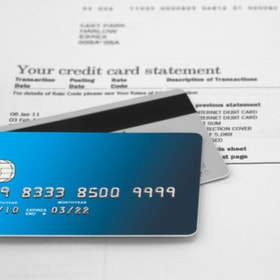
Having multiple cards and high charges on each of them reflects poorly on your credit card. Say, your credit card limit is 50000 and your balance is 48000, it will lower your score. Pay your bills regularly and in case you want to do high-cost items, pay intermittently, too. This will help maintain the credit score. High credit card balances show poor liquidity position which lowers your credit score.
Max-Out Credit Cards

Credit cards come with a credit limit depending upon your income and financial history. Let’s say your credit limit is 25000, ideally, you must keep your balance well below this limit. Your card utilisation is 20% of your credit score. The ideal utilisation is 1/3rd of your credit card limit. Maxing out credit cards will lower your credit score. Keep paying in-between your payment cycle, so you can negate the effect of maxing-out.
Applying for multiple cards and loans

Every credit card application that is not approved brings down your credit card score by 10%. Don’t apply for multiple credit cards at a given time. Give a reasonable break, say 4 months, in between applying for credit cards. I suggest, don’t apply for more credit cards than you actually require. It’s a sign of bad liquidity position.
Closing a credit card or one is cancelled
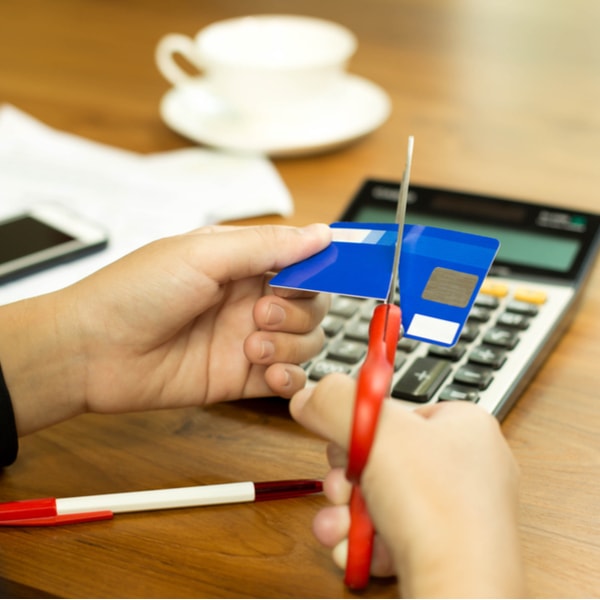
Closing a credit card lowers your score. If you have some balance on it, it’s worse. Always pay off all the bills. Don’t write it off. Same is the case when your credit card is cancelled. When a credit card is cancelled or closed, it raises your credit utilisation ratio. It also impacts the age of your credit history. Don’t cancel or close a credit card if there are no annual fees on it. Keep it.
Not having diversity in your credit portfolio

Credit diversity plays an important role in credit score. Having only credit cards or only loans is not good. Have a right mix of credit cards, secured and unsecured loads. Dependence on one source is a signal of bad financial health. Too much borrowing and too much dependency on credit card bring down the score. And it will take a minimum of 1 year to get it back. So be sure where and what you borrow.
Cosigned a loan or became a guarantor

We cosign a loan or become a guarantor. Though it’s not a direct response, you are liable to pay in case of default. This can lower your credit score. The more loans are in your name, direct or indirect, it will lower the credit score.
Taking unsecured loans
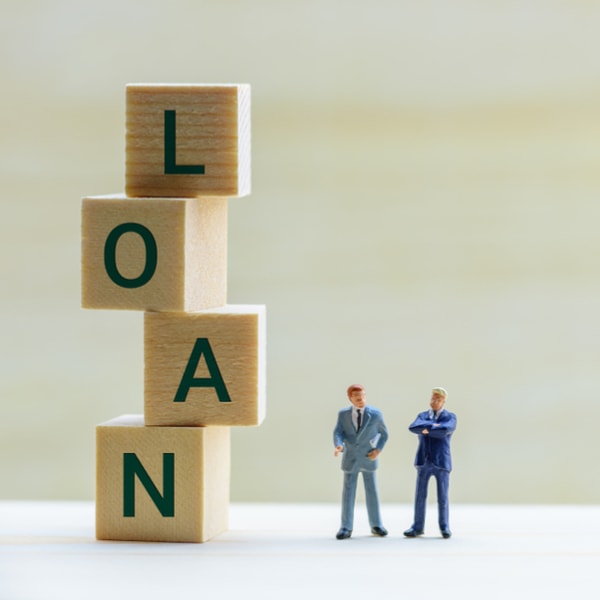
Unsecured loans require no collateral. They are extended on the basis of your income, expenditure behaviour and outstanding debt. Too many unsecured loans point towards low liquidity. This lowers your credit score. A secured loan, on the other hand, gets more points.
Underutilisation of your credit card

There is no point having a credit card and not using it. Like maxing-out, even using your card too less or not at all can ruin your credit score. There is no record of cash transactions. If you have credit cards, use them all the time. It will help build up a good credit history which will come handy in future.
Take care of all these to preserve your credit score. A good credit history is not built in a year. It takes years to reach to exceptional credit score. Be patient, wise and avoid all the above to attain that.
Have more points to add – please share in comments below.
Very nice
Good
Wow Amazing Article. Thanks for sharing us this knowledge. Your Article is really helpful for me..Thank you so much
Wonderful suggestions are given by you sir
Thank you for sharing your ideas
nice one useful… thanks
Nice Post. Thanks For Sharing